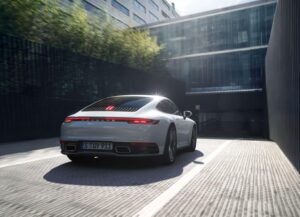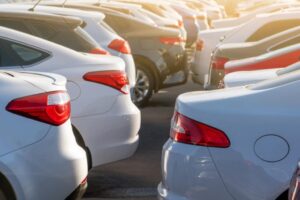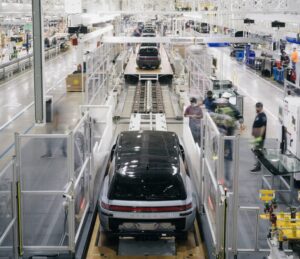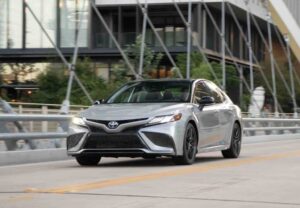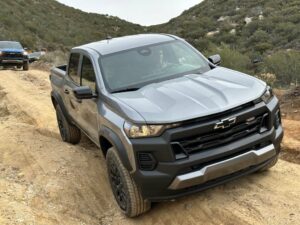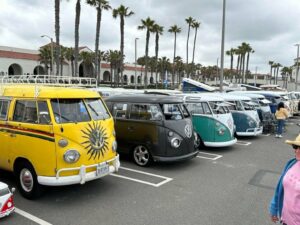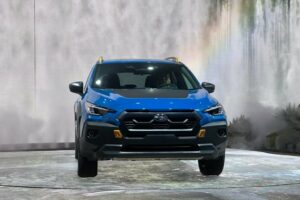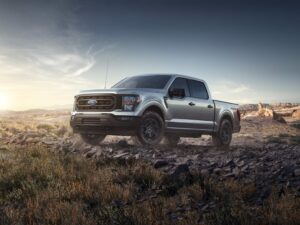The State of California remains the engine for the transition to electric vehicles as it continues to push ahead with tough regulations aimed at curbing the use of internal combustion engines, making it difficult to stop or even slow the historic shift.
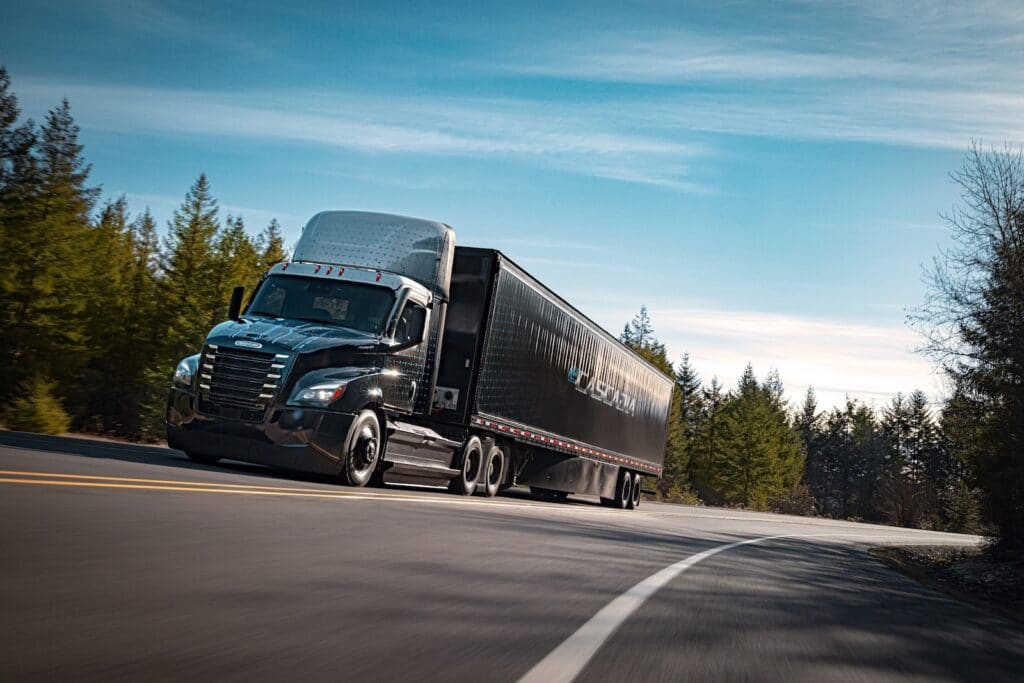
The California Air Resources Board recently adopted a set of new rules for trucks of all sizes, taking effect in 2024. Under the new mandates, fleet owners operating vehicles for private services such as last-mile delivery and federal fleets such as the Postal Service, along with state and local government fleets, will begin their transition toward zero-emission vehicles starting in 2024.
CARB pushes for zero emission trucks
The changes come amid a flurry of new reports released this week the earth’s temperature is increasing faster than forecast under the pressure from man-made emissions from fossil fuels, which contribute to climate change — a significant, long-standing issue in the state’s politics.
CARB noted the new rules for trucks, which are being roundly denounced by trucking industry lobbyists, will fully transition the trucks that travel across the state to zero-emissions technology by 2045. The rules will limit the use of diesel-powered vehicles even sooner.
While California’s new rules are being denounced by trucking lobbyists in Washington D.C., many executives in the industry already starting to adapt to the changes.
Of the fleet professionals surveyed by Geotab, 54% have electric vehicles already in their fleet or on order. The survey also revealed fleets that have started on their “sustainability journey” are already seeing environmental and social benefits, including reduced fuel use, carbon dioxide emissions, and idling.
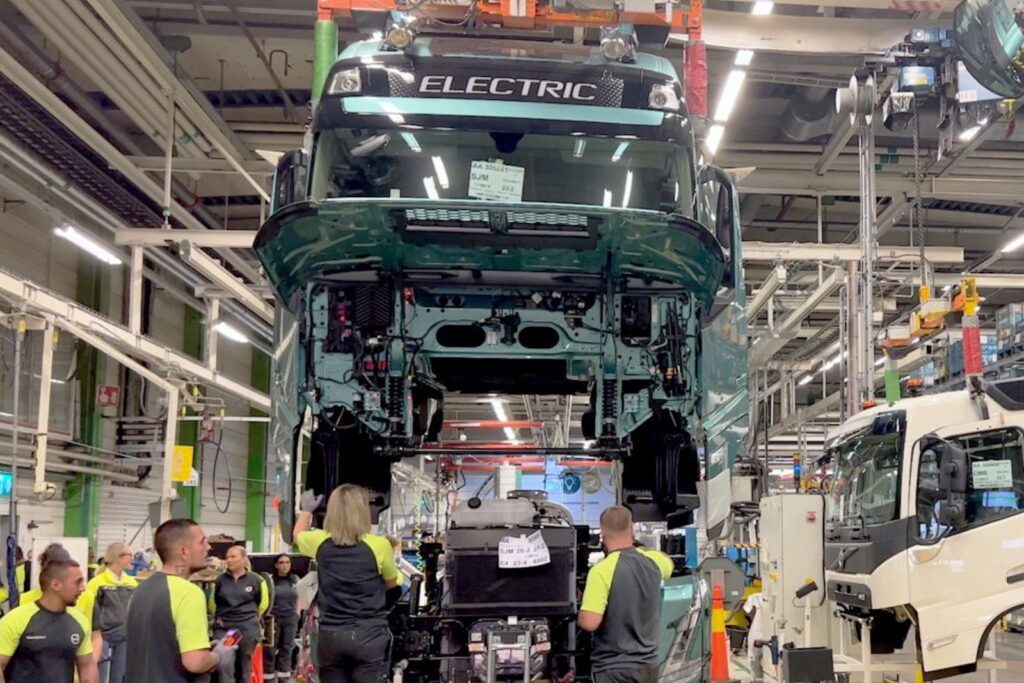
California’s EV fleet continues to grow
Meanwhile sales of battery-electric passenger vehicles continue to grow in California, which passed 1.5 million electric vehicle sales nearly two years ahead of market predictions, according to the California Energy Commission, representing more than 21% of the total California new car market in the first quarter of 2023.
By way of comparison, in 2022, more than 750,000 new EVs were registered in the U.S., just 5.6% of the total market. Veloz’s Quarterly EV Market Report examined the sales data, finding that traditional automakers are beginning to grow their market share. Click here to read more from Veloz’s quarterly EV Market Report.
“This incredible EV milestone,” said Josh D. Boone, executive director of Veloz, which has tracked EV sales data and infrastructure buildout in California for more than 10 years.
Last year, CARB adopted a new Advanced Clean Cars II program that set a 100% zero-emission vehicle sales target for 2035 which will deliver more EV options to dealerships across the state.
“For the last decade, California has had a goal to reach 1.5 million zero emission vehicles by 2025,” said David Hochschild, chair of the California Energy Commission and Veloz public policy board chair.
“Now this goal has been surpassed nearly two years early, which is an important milestone on the journey to finally bringing clean electric transportation mainstream.”
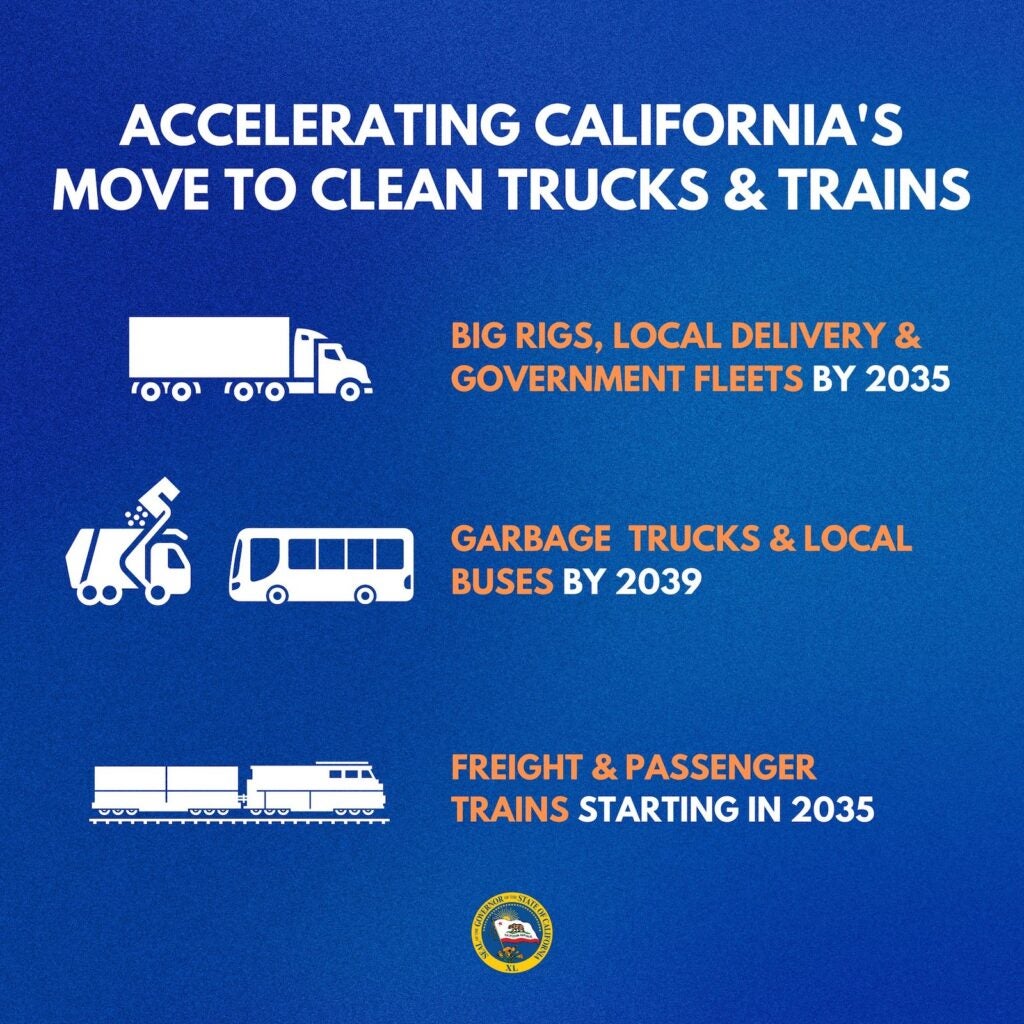
Opponents of tighter regulation lose fight in California
While charging and range remain significant barriers to EV adoption in other parts of the U.S., California has set the trends in the auto industry for decades. Carmakers with a stake in the U.S. market dare not ignore the shifts demanded in California.
Moreover, the industry’s efforts to reduce California’s influence have a history of failing, going back decades. The passages of the Clean Air Act of 1970, over the industry’s strenuous objections, gave California the right to set its own rules to battle smog.
“Under the Clean Air Act, California has longstanding authority to address pollution from cars and trucks,” Michael Regan, the current EPA administrator re-affirmed recently.
In 2002, California car dealers lead a campaign to recall Gray Davis, the state’s Democratic governor. The recall was successful, but as it got rolling Davis signed a tough Climate Change Bill, calling for reductions in carbon emissions. Davis originally indicated he had reservations about the bill but signed it to strike back at the state’s car dealers.
Following the recall, his successor, Republican Arnold Schwarzenegger, made no serious effort to modify the new rules on Climate Change and carbon emissions.
Automakers tried again to scuttle tougher emission regulations, starting in 2017 under the Trump administration, which was sympathetic to their pleas. But CARB refused to budge, raising the political stakes for carmakers, which saw their once united front crumble in the face of the united opposition from California.
Now the Republican-led House of Representatives are trying to use the federal debt ceiling negotiations as a lever to roll back the incentives for EVs and clean energy included in last year’s Inflation Reduction Act. The administration of President Joe Biden has indicated the Republican demands are not going anywhere.
- SEO Powered Content & PR Distribution. Get Amplified Today.
- PlatoAiStream. Web3 Data Intelligence. Knowledge Amplified. Access Here.
- Minting the Future w Adryenn Ashley. Access Here.
- Buy and Sell Shares in PRE-IPO Companies with PREIPO®. Access Here.
- Source: https://www.thedetroitbureau.com/2023/05/california-presses-ahead-with-ev-transition/
- :has
- :is
- :not
- 000
- 1
- 10
- 2017
- 2022
- 2023
- 2024
- 2025
- 2026
- a
- About
- According
- across
- Act
- adapt
- address
- administration
- adopted
- Adoption
- again
- ahead
- aimed
- AIR
- All
- all-electric
- along
- already
- also
- Amid
- an
- and
- and infrastructure
- anywhere
- ARE
- AS
- At
- authority
- auto
- automakers
- back
- barriers
- Battle
- been
- began
- begin
- Beginning
- being
- benefits
- biden
- Bill
- board
- Bringing
- Building
- Bureau
- but
- by
- CA
- california
- calling
- Campaign
- car
- carbon
- carbon dioxide
- carbon emissions
- cars
- ceiling
- Chair
- change
- Changes
- charging
- clean energy
- Climate
- Climate change
- come
- company
- comparison
- continue
- continues
- contribute
- Current
- D.C.
- data
- David
- Davis
- Debt
- decade
- decades
- deliver
- delivery
- demanded
- demands
- democratic
- difficult
- Director
- driving
- Early
- effect
- effort
- efforts
- Electric
- electric vehicle
- electric vehicles
- emission
- Emissions
- energy
- Engine
- Engines
- environmental
- EPA
- EV
- Even
- executive
- Executive Director
- executives
- Face
- failing
- faster
- Federal
- fight
- Finally
- finding
- First
- FLEET
- food
- food service
- For
- Forecast
- fossil
- fossil fuels
- from
- front
- Fuel
- fuels
- fully
- goal
- going
- Government
- Governor
- gray
- Grow
- had
- Have
- he
- here
- his
- historic
- history
- House
- house of representatives
- HTTPS
- ii
- important
- in
- In other
- Incentives
- included
- Including
- increasing
- incredible
- indicated
- industry
- industry’s
- inflation
- influence
- Infrastructure
- internal
- issue
- IT
- ITS
- Joe Biden
- journey
- jpg
- just
- Last
- lead
- LIMIT
- lobbyists
- local
- Local Government
- long-standing
- lose
- made
- Mainstream
- Making
- mandates
- many
- Market
- market predictions
- Market Report
- max-width
- Michael
- milestone
- million
- modify
- more
- nearly
- negotiations
- New
- no
- noted
- of
- on
- once
- operating
- opposition
- Options
- or
- order
- originally
- Other
- over
- own
- owners
- parts
- passed
- plato
- Plato Data Intelligence
- PlatoData
- policy
- political
- politics
- Pollution
- postal
- Predictions
- president
- president joe biden
- pressure
- private
- Production
- professionals
- public
- Push
- Quarter
- raising
- range
- reach
- Read
- recently
- reduce
- Reduced
- reduction
- registered
- Regulation
- regulations
- released
- remain
- remains
- report
- Reports
- Representatives
- representing
- Republican
- Resources
- Revealed
- right
- Roll
- Rolling
- rules
- s
- Said
- sales
- seeing
- Series
- serious
- service
- Services
- set
- Share
- shift
- Shifts
- signed
- significant
- sizes
- slow
- Social
- stake
- start
- started
- Starting
- State
- Stop
- strike
- successful
- such
- surpassed
- Survey
- surveyed
- taking
- Target
- Technology
- than
- that
- The
- The State
- their
- this
- this week
- tighter
- to
- Total
- toward
- traditional
- transition
- transportation
- travel
- Trends
- tried
- truck
- Trucking
- Trucks
- trump
- Trump administration
- two
- u.s.
- under
- United
- use
- vehicle
- Vehicles
- volvo
- was
- washington
- Washington D.C.
- Way..
- week
- were
- which
- will
- with
- year
- years
- zephyrnet
- zero

